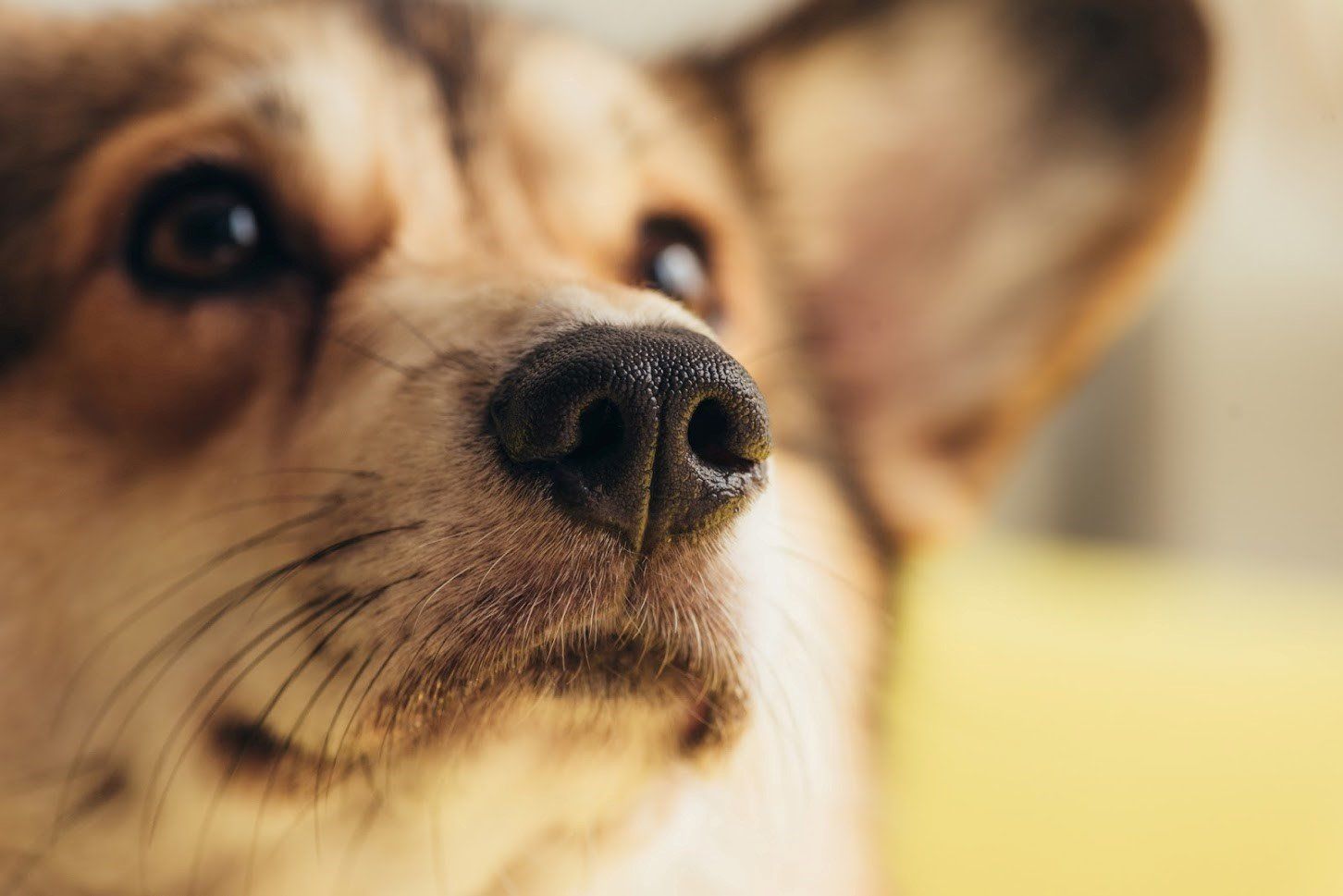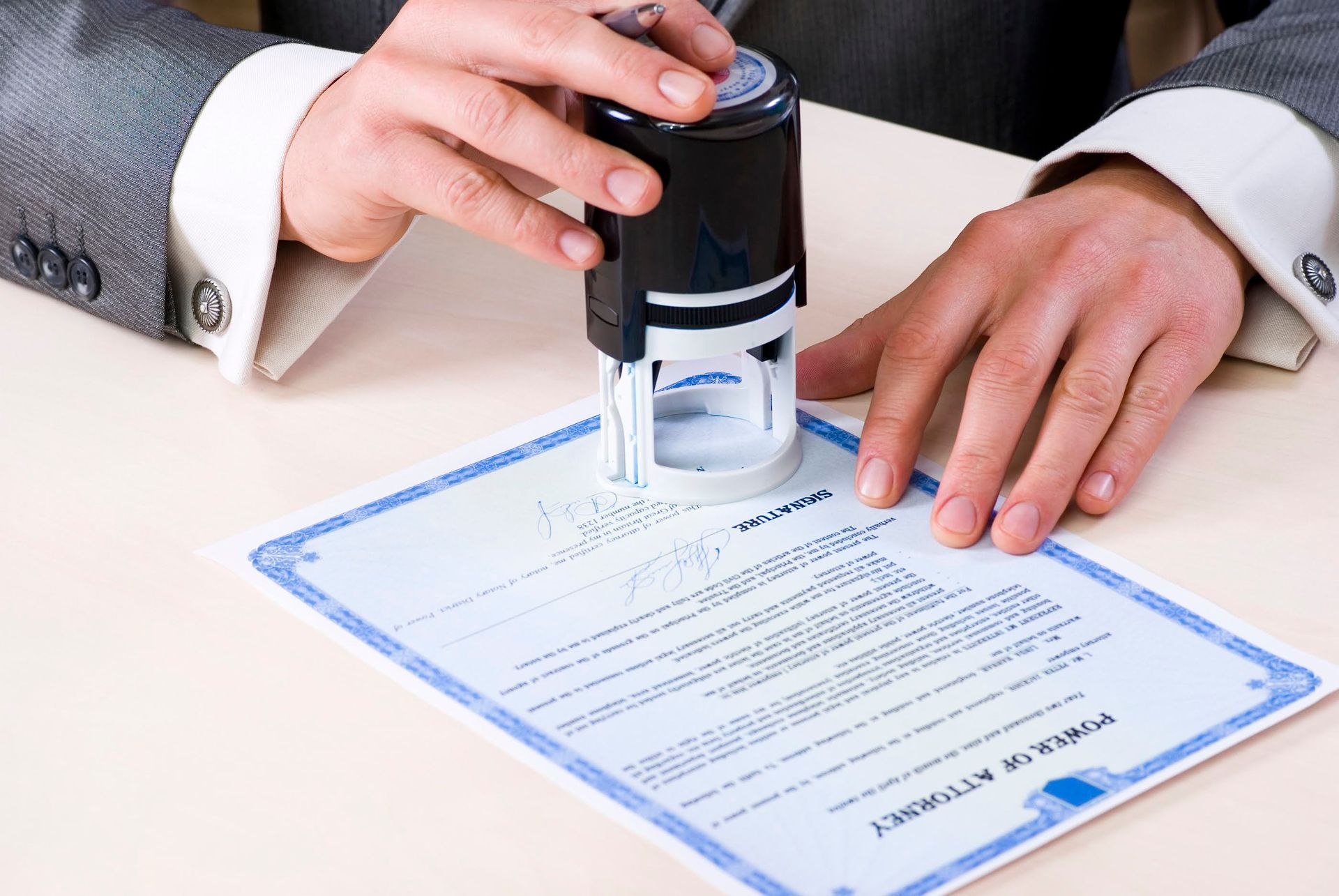CALL TODAY!
1509 Sun City Center Plz, Ste B, Sun City Center FL 33573
503 W Platt Street,Tampa, FL 33606
Blog Post
Tips to Ensure Your Estate Plans Cares for Your Pet
Admin • October 14, 2020

Your estate planning efforts should include everything you own, including your pets. Below are some tips to ensure your pet will receive the care and love they need after you are gone.
Treat Your Pet as a Property
The first piece of advice is that you should actively include your pet in your estate plans. Don't assume that your loved ones will automatically take care of the pet. You may have considered the pet as a member of your family, but the law considers it your property.
If you have an estate plan, any property that doesn't have a specific beneficiary goes to the residuary beneficiary. The residuary beneficiary might not care for the pet as well as you want. Thus, specify the person or organization you want to have the pet.
Ensure the Beneficiary Is the Right Fit
Choose a beneficiary who will take good care of the pet. The beneficiary should:
- Love pets
- Have the resources to take care of the pet
- Have the time to take care of the pet
For example, someone who travels most of the time might not be the best one for your pet. You know your loved ones and friends. Leave the pet to someone who won't consider the pet a burden.
Don't Make the Pet a Beneficiary
Don't make your pet one of the beneficiaries of your estate plans. Pets cannot legally own properties. If you leave any property to your pet, such as money, then any of these things will happen:
- The alternate beneficiary will receive the money
- The residuary beneficiary will receive the money
- The intestate succession laws of the state will determine who gets the property
Since you cannot be sure any of these parties will use the property for your pet's benefit, don't leave the pet anything directly.
Inform the Beneficiary in Advance
Taking care of a pet requires time, money, dedication, and love. Don't surprise your loved ones with this responsibility. Inform your potential beneficiary about your plans in advance. Gauge the potential beneficiary's reaction to determine whether they are the best fit for the pet.
You can interview a few potential beneficiaries and pick the best one. Include an alternate beneficiary for the pet if circumstances change and they can't have the pet. For example, your first choice beneficiary might get a child with a pet allergy and decide they can't have the pet.
Consider a Private Organization
Your family, friends, or other individuals are not the only options of beneficiaries for your pet. If you don't have a suitable individual in your circle of loved ones, you can leave the pet to a private organization.
Most of these organizations require some monetary donation to help them care for the pet. For example, the Kansas State University School of Veterinary Medicine will care for your pet for a minimum donation of $25,000.
Consider a Pet Trust
The beneficiaries in your estate planning documents don't have a legal obligation to accept the properties you leave to them. Thus, you have no guarantee that the person you leave your pet to will care for the animal.
Consider a pet trust for a legally binding arrangement. The pet trust will specify:
- The pet's caretaker
- The money to take care of the pet
- The care for the pet
- The person who enforce the trust's directives
A pet trust also makes sense if you have a unique pet that requires special care, and you have the money for the trust.
Take the right steps to safeguard your pet's future while you are still able to do so. The professionalism and experience of Donald B. Linsky & Associate PA means we can help you prepare your estate planning documents. Contact us
to ensure that not just your pet but all your possessions will go to the right people after your demise.
Share
Tweet
Share
Mail
CONTACT INFORMATION
1509 Sun City Center Plz, Ste B
Sun City Center FL 33573
Sun City Center FL 33573
OUR LOCATION
Content, including images, displayed on this website is protected by copyright laws. Downloading, republication, retransmission or reproduction of content on this website is strictly prohibited. Terms of Use
| Privacy Policy












